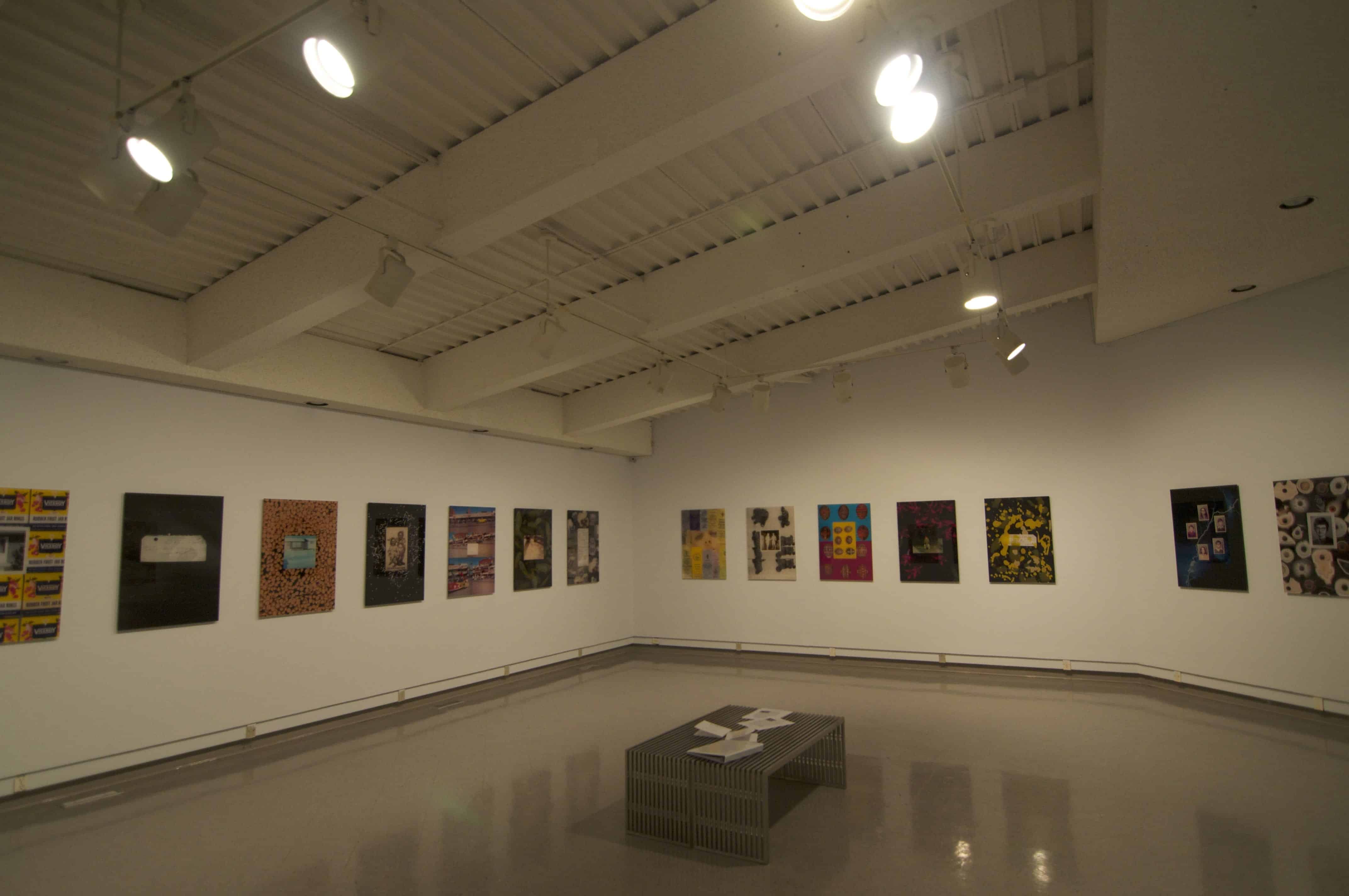How COVID has altered the academic conference

Changes both positive and negative
March 11 will mark two years since the WHO declared COVID-19 a pandemic, and our lives changed within the span of a few days. Offices and universities switched to working from home and having classes and meetings virtually. The initial challenges of not having access to a library or a proper workspace have slowly been addressed to varying extents and, two years in, many people continue to live a mostly virtual life. Technology solutions like Zoom have made it easy to port one’s professional life to the virtual space, while those like Instacart have even made it possible to get groceries and supplies without having to step out of the house.
In academia, one major change to the status quo has happened in the realm of conferences. For faculty members, postdocs, and both undergraduate and graduate students engaged in research, conferences are a popular way to publish, present, and discuss their ideas with others in the same field of study. For students wishing to make a career in academia or pursue more advanced degrees, publishing in conferences and journals is all but a requirement these days.
Conferences are also an opportunity to network with people whose work one has been reading, citing, and possibly challenging. In the past, conferences used to be a lucrative opportunity to travel to some fancy location, prepare and give a talk while possibly jetlagged, and to be able to have an exchange of ideas with fellow researchers. In some fields, it almost appears as if conferences are always hosted in major tourist attractions, most likely to attract submissions. For graduate students like myself, travel to and accommodation at the venue is usually paid for by the school and/or research lab, which is honestly one of the best perks of this career track.
However, this has all changed in the wake of the pandemic. Conferences moved online, and many universities decided to stop sponsoring conference travel. What has not changed, though, is the requirement and expectation that researchers publish and present in conferences, over Zoom or some similar platform. In essence, this has meant that the most stressful parts of the experience have remained constant while the fun parts have been taken out and replaced with brand new stressful parts. We spoke to some people who have presented in online conferences in the last two years.
“While conference travel would also entail jetlag, it sort of makes up for it with the social aspects. Presenting online for a conference based out of, say, Central Asia, just meant having to work really awkward hours,” said one doctoral candidate at the University of Regina. She adds, “I had to essentially stay up all night and sleep during the day in order to attend the talks that looked interesting. And then my own talk was scheduled for 2am, hardly the time for intellectual exertions, especially from one’s apartment instead of a lecture hall!”
In addition to the awkward time differences, there are other professional losses with the move online. Mohammad, another graduate student, talked about how attending online is just not the same. “In a traditional conference, you give your talk and get a few questions within the timeframe allowed. But a lot of the interaction and brainstorming happens during coffee and meal breaks. That is also when you get to just walk up and have a chat with someone whose previous work may have created your entire research area. Online, the breaks are just times when you log off Zoom and make another batch of coffee!” said Mohammad.
While the professional losses are paramount, many also lamented how the more pleasant aspects of seeing a new city, even with the stress of deadlines and presentation, were something they looked forward to. While many professors have expressed their hopes that conferences continue to be offered virtually for the foreseeable future, it would seem that young researchers who are just beginning their careers feel differently on this and wish for a speedy return to some of the more pleasant aspects of conference travel.









